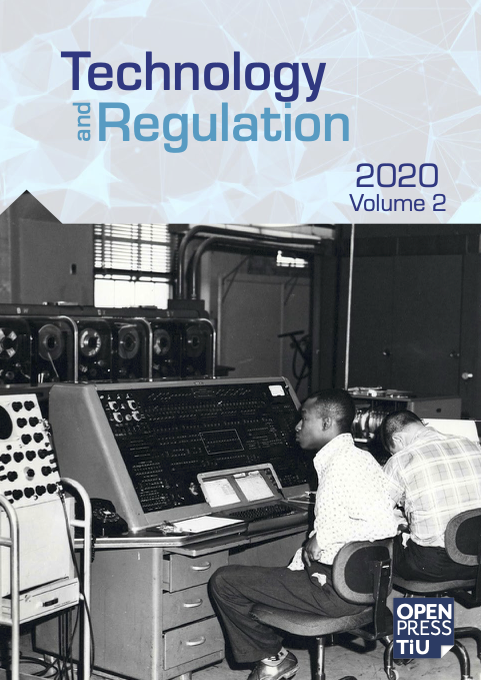Designing Data Governance for Data Sharing
Lessons from Sidewalk Toronto
DOI:
https://doi.org/10.26116/techreg.2020.005Keywords:
data governance, smart cities, data trust, open data, data ownershipAbstract
Data governance for data sharing is becoming an important issue in the rapidly evolving data economy and society. In the smart cities’ context, data sharing may be particularly important, but is also complicated by a diverse array of interests in data collected, as well as significant privacy and public interest considerations. This paper examines the data governance body proposed by Sidewalk Labs as part of its Master Innovation Development Plan for a smart city development on port lands in Toronto, Canada. Using Sidewalk Lab’s Urban Data Trust as a use case, this paper identifies some of the challenges in designing an effective and appropriate data governance structure for data sharing, and analyzes the normative issues underlying these challenges. In this example, issues of data ownership and control are contested from the outset. The proposed model also raises interesting issues about the role and relevance of the public sector in managing the public interest; and the need to design data governance from the ground up. While the paper focuses on a particular use case, the goal is to distil useful knowledge about the design and implementation of data governance structures.
Downloads
Downloads
Published
Issue
Section
License
Copyright (c) 2020 Teresa Scassa

This work is licensed under a Creative Commons Attribution-NonCommercial-NoDerivatives 4.0 International License.
Submissions are published under a Creative Commons BY-NC-ND license.’



